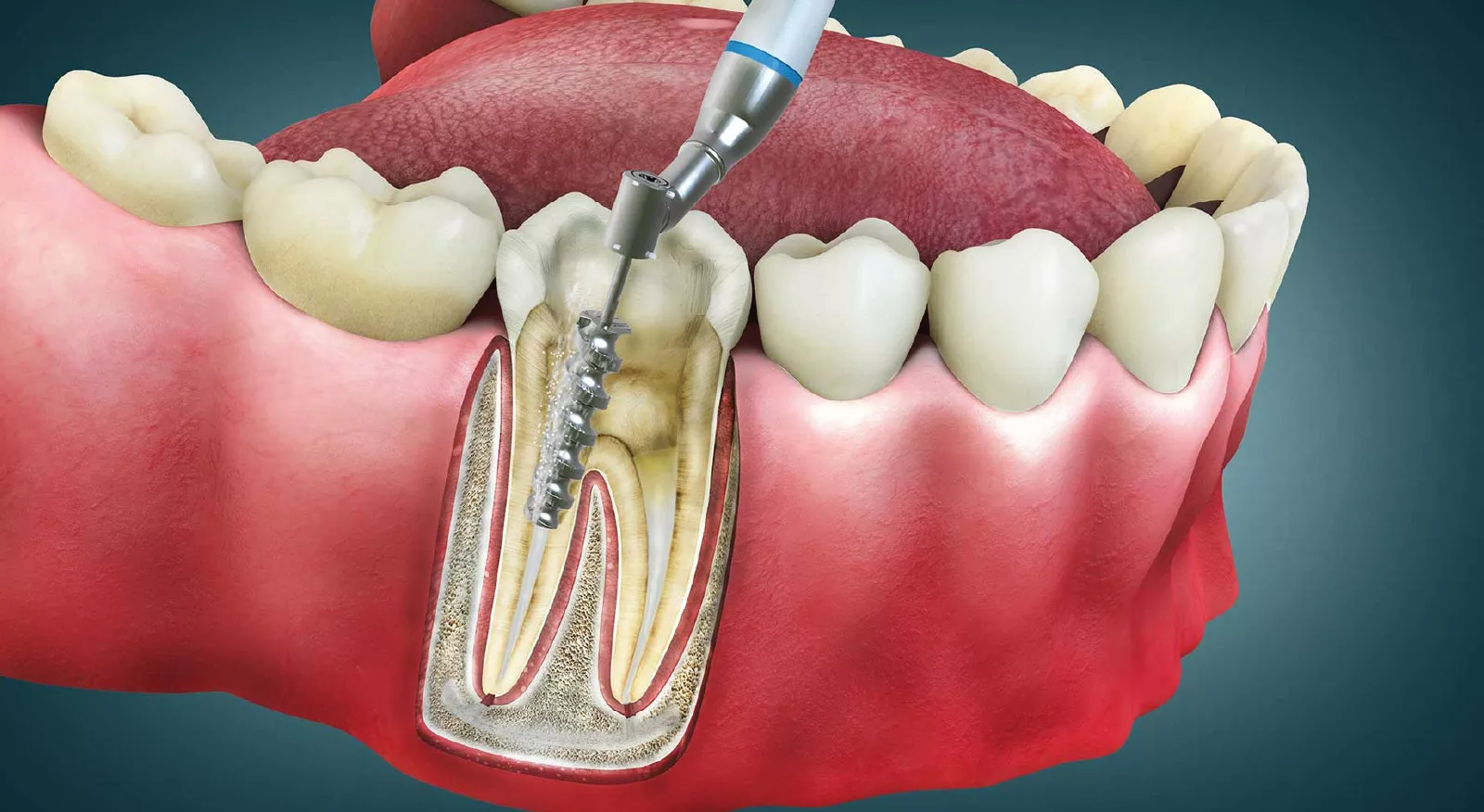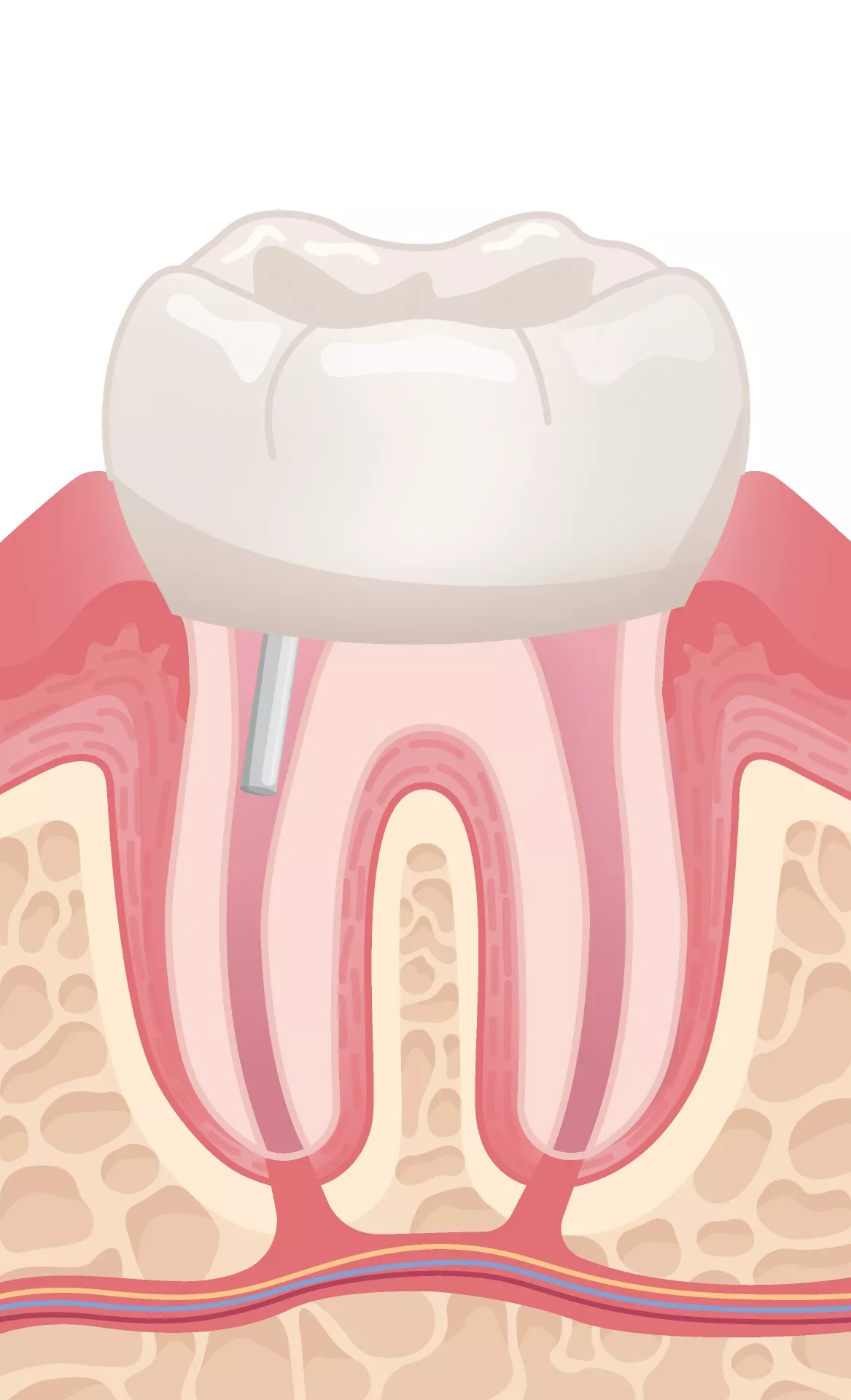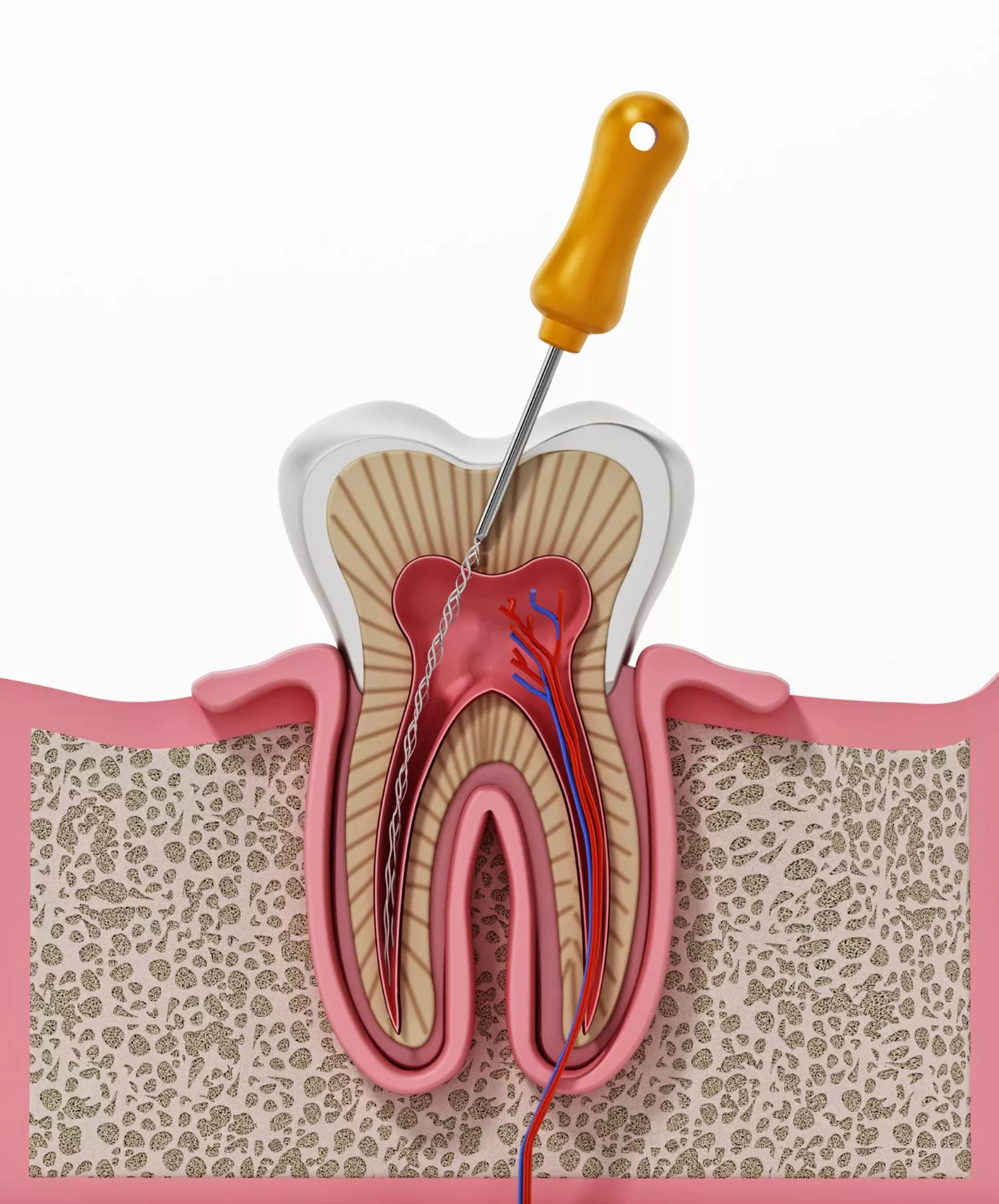When people hear the term “root canal,” it often brings up feelings of fear or discomfort. But the truth is, root canal treatment is a highly effective, pain-relieving procedure that helps save natural teeth and restore comfort. If you’re struggling with tooth pain or signs of infection, learning about this treatment might be the first step toward long-term relief.
What Exactly Is a Root Canal?
Inside every tooth is a soft tissue called pulp, which contains nerves, blood vessels, and connective tissue. This pulp can become inflamed or infected due to deep cavities, repeated dental procedures, cracks, or trauma. When that happens, it can cause severe pain, sensitivity, and swelling.
A root canal treatment involves removing the damaged pulp, cleaning and disinfecting the root canal space, and then sealing it. The tooth is later restored with a crown or filling so it functions like any other healthy tooth.
How Do You Know If You Need One?
Watch for these signs, which could indicate the need for a root canal:
- Continuous pain or sensitivity, especially to hot or cold
- Discomfort while chewing or touching the tooth
- Swelling around the gums or face
- A darkened or discoloured tooth
- A pus-filled or pimple-like bump near the tooth
These symptoms suggest the nerve inside the tooth might be damaged or infected. Addressing the issue early can prevent tooth loss and stop the spread of infection to other parts of the mouth or body.
When to Contact Your Dentist
You shouldn’t wait for the pain to become unbearable. The earlier you act, the easier and more successful the treatment will be. Get in touch with your dentist if:
- You’ve had lingering pain in a specific tooth
- There’s visible damage (chips, cracks, or breaks)
- You’ve noticed swelling, tenderness, or unusual drainage from the gums
- Pain continues long after exposure to hot or cold items
Prompt dental care means a quicker recovery and a lower chance of complications.
Modern Root Canals Are Comfortable and Effective
Gone are the days when root canal treatments were associated with intense pain. Today, the procedure is done with local anaesthesia and advanced tools, making it virtually painless for most patients. In fact, many people report immediate relief from the discomfort they had been experiencing.
With proper dental hygiene and regular checkups, a root canal-treated tooth can last a lifetime.
Root canals allow you to keep your natural teeth instead of losing them to decay or infection. They not only stop pain but also preserve the structure and function of your mouth. Choosing treatment early protects your smile, boosts your confidence, and supports better overall health.
If you’re experiencing tooth pain, don’t delay. Reach out to your dentist, get evaluated, and take the first step toward a healthier, pain-free smile.











